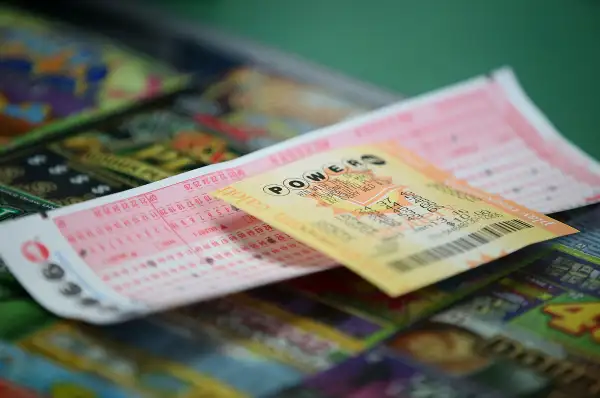The Powerball Jackpot Could Easily Top $1 Billion Next Week

In January, the U.S. experienced the biggest lottery it had ever seen when the Powerball jackpot ballooned to $1.5 billion. In fact, it got big enough to give a $2 ticket more value than it normally has--though not quite enough to make it mathematically advantageous to buy one.
The jackpot is now hovering at $478 million, just six months later. Before January 2016, the last time it had been near half a billion was in February 2015. And we could easily see Powerball go over $1 billion next week.
When the Powerball gets big, you see, the buzz pushes it out of the shadows and into the mainstream, luring occasional players into the ring. All that fresh blood supercharges the jackpot, and quickly.
Read More: The One Time It’s Mathematically Advantageous to Play Powerball
On Saturday, Jan. 2, the jackpot was just $300 million, having slowly reached that point over almost two months. But a few days later it was at $338 million. A few days after that, it spiked another $166 million to half a billion. One week later it had topped out at $1.5 billion.
Plotting the data on a chart, it's easy to see that the jackpot in January grew exponentially. As it gets bigger, it got bigger faster. If this week is like January, we should expect the lottery to top $1.4 billion next week, assuming nobody wins--which is entirely possible given the chance of winning is 1 in 292,201,338.00.
Read More: Should Powerball Jackpot Winners Take the Annuity or the Lump Sum?
The equation in the diagram above (y=28.002*10^0.0442x) might fit the January's trend decently (R-squared value is 0.92 for you stats nerds), but it will also be interesting to see what happens if a few weeks go by. Will people get frustrated with their losses and stop "wasting" their money on a chance to wonder "what if"? Or is there no end to how big this could go?